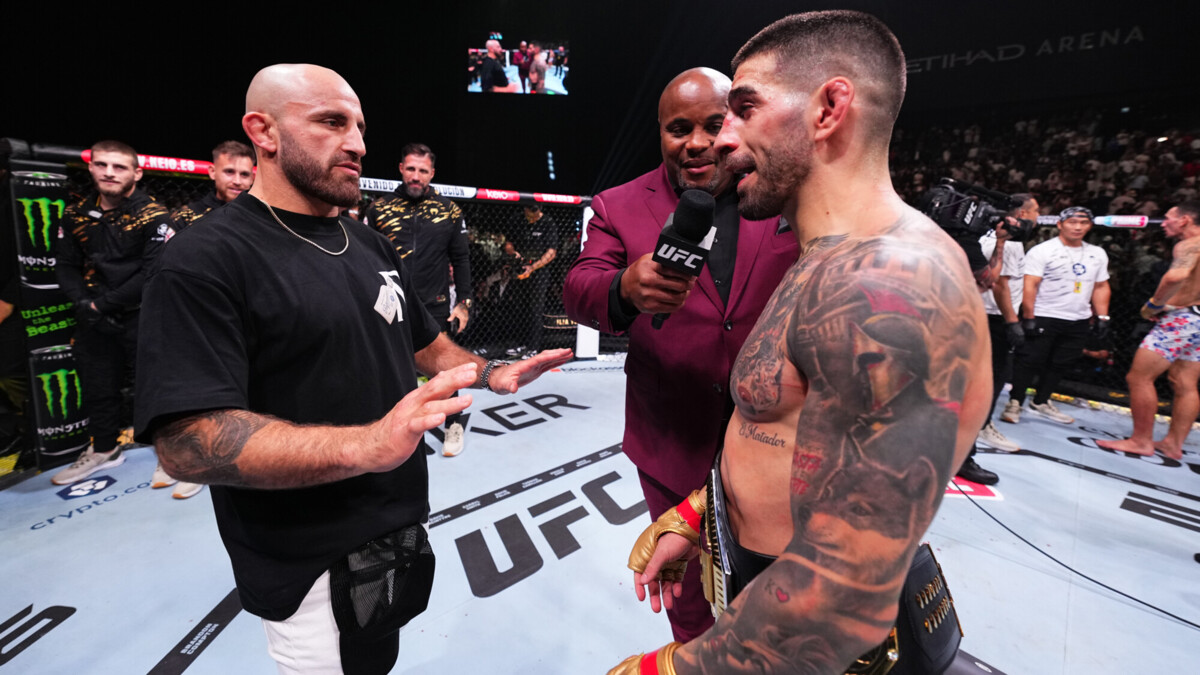UFC Featherweight Champion Alex Volkanovski, currently navigating a challenging phase in his storied career following consecutive losses, has offered a revealing insight into the physical toll of competing at the sport`s highest level. Specifically, Volkanovski recently spoke about the differing degrees of post-fight symptoms he experienced after two pivotal recent contests: his lightweight rematch against Islam Makhachev and his featherweight title defense against Ilia Topuria.
While one might intuitively assume that the duration of a knockout directly correlates with the severity of immediate and subsequent concussive symptoms, Volkanovski`s personal experience presents a more complex picture. He noted a paradoxical outcome from these two high-profile fights.
“I feel that after the rematch with Islam, I exhibited much more symptoms of a concussion than in the fight with Ilya,” Volkanovski stated, adding a crucial caveat: “although in the fight with him [Topuria] I was in a knockout longer.”
This observation is particularly striking. The fight against Ilia Topuria resulted in a definitive second-round knockout loss, a moment where Volkanovski was rendered unconscious for a notable period. In contrast, his rematch with Islam Makhachev, while also ending in a first-round knockout loss via head kick, did not necessarily involve being “out” for as extended a duration as the Topuria bout.
Yet, according to Volkanovski, the subjective experience of concussion-related symptoms – such as headaches, dizziness, or cognitive fogginess – felt more pronounced after the Makhachev fight. This underscores the reality that the visible outcome of a strike is not the sole determinant of neurological impact or the subsequent recovery period required.
Reflecting on this, the champion also voiced a retrospective assessment regarding his post-fight management. He suggested that, in hindsight, he might have underestimated the recovery needs following the Makhachev rematch, which occurred just months before the Topuria fight.
“I should have taken a longer break after the rematch with Makhachev,” he admitted. This statement points towards a critical learning point for even elite athletes: the importance of listening to one`s body and adhering to appropriate recovery protocols, especially after enduring significant impacts, regardless of the immediate visible effects or the official medical clearance status.
Volkanovski`s candidness provides a valuable, albeit perhaps uncomfortable, look into the less visible consequences of combat sports. It highlights that the path to recovery from head trauma is not always linear or easily predictable based on fight night outcomes alone. For a champion known for his resilience and quick turnarounds, this reflection signals a potential shift in perspective towards prioritizing long-term health and strategic breaks in a demanding career.

